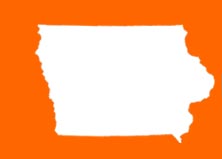

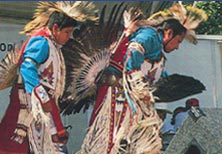
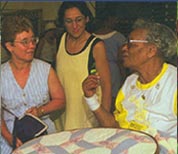
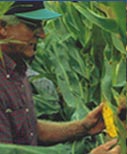
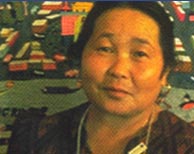
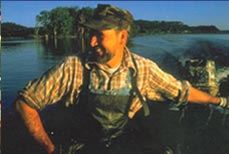
| Resources | ||||||
|
||||||
| Learning Guide |
| 1. Social Studies |
| 2. Language Arts |
| 3. Music |
| 4. Art |
| 5. Special: Multi-Disciplinary, Culminating Activities |
|
Suggested Methods
Student Activity
Home/Community Connection Invite parents or relatives of students into class to talk about their occupations. Students should devise a set of common questions—such as about the first day on the job, most memorable event, worker customs and culture, technical vocabulary, famous/infamous co-workers—to provoke occupational narratives that can then be analyzed and compared. Student/Senior Citizen Exchange Senior citizens hold a wealth of information that has come from years of job experience. An interesting activity could be to compare how seniors talk to each other about their former trades, and how they tell students and younger people about their work. They may find that, with their peers, there is some shared knowledge about history, the land, economics, and people that may require further explanation when presented to other generations. Initiate an occupational story swap in which the student and senior tell their own personal experience narrative using the same openers. These could include: “On the day I started my job . . . ,” “My most embarrassing moment at work was when . . .,” “The hardest thing I had to learn was . . . .”
|
|||||||||||||||||||||||||||||
| | | Next |
| HANDOUTS/READINGS |
|
Handout 1: Handout 2: Reading: |
| MEDIA SUPPORT |
Video: Iowa Roots Interviews: |
| smithsonian institution |
 |
pioneer hi-bred international, inc. |
iowa sesquicentennial commission |
 |
iowa arts council |
